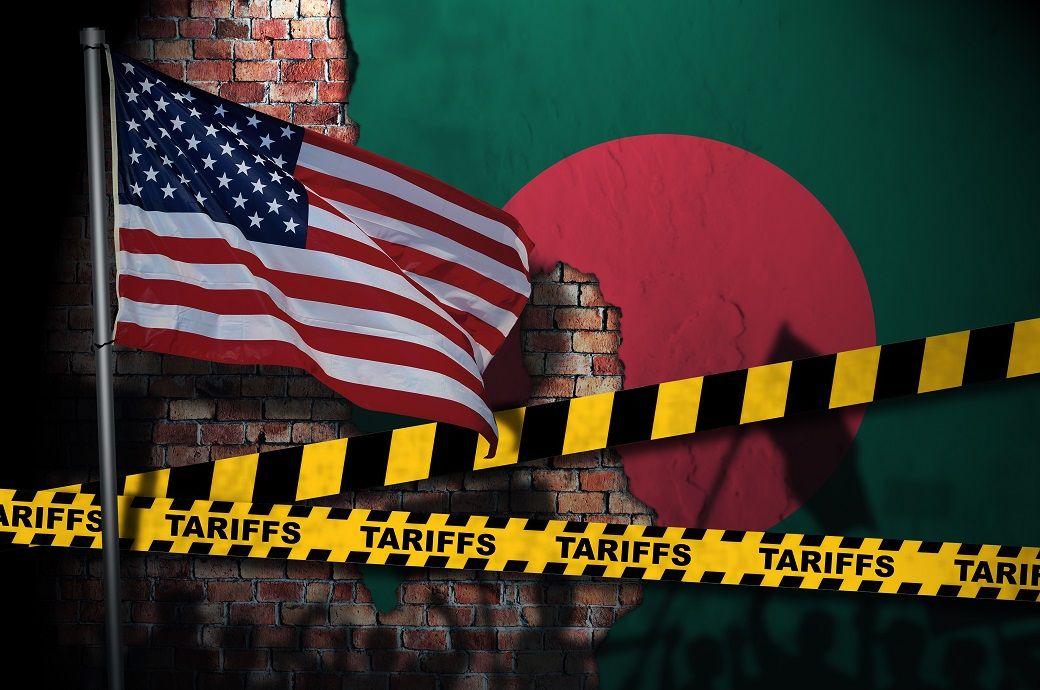
The impact will be especially severe for small and medium enterprises (SMEs), which operate on razor-thin margins, the study, titled 'Trump Reciprocal Tariffs and Bangladesh: Implication and Response', cautioned.
The CPD study argues that the tariffs reflect Washington's broader strategic calculus, including geo-economic and geo-strategic realignments in the Indo-Pacific.
"Bangladesh will need to navigate all these complex issues by considering its trade interests with the USA and also by taking into cognisance the implications of its response for the country's bilateral relationships with other countries, its own geo-strategic priorities, and also its multilateral obligations, particularly as a member of the World Trade Organization," the study report said.
The CPD report criticised the government for not contesting the non-disclosure clause in the US-proposed tariff framework and for failing to mobilise a negotiation team.
Despite the softening of the stance by US President Donald Trump—indicating reduction of reciprocal tariffs from the initial 37 per cent—businesses are already witnessing disruption, global supply chains are being adversely affected and orders are being delayed or held back.
"These are being felt by Bangladesh as well. Brands and buyers are asking Bangladesh's producers and exporters for discounts. This is particularly pertinent for the apparel sector of the country," the report noted.
Foreign buyers are also tightening compliance requirements in environment, labour standards and carbon emissions.
ALCHEMPro News Desk (DS)
Receive daily prices and market insights straight to your inbox. Subscribe to AlchemPro Weekly!